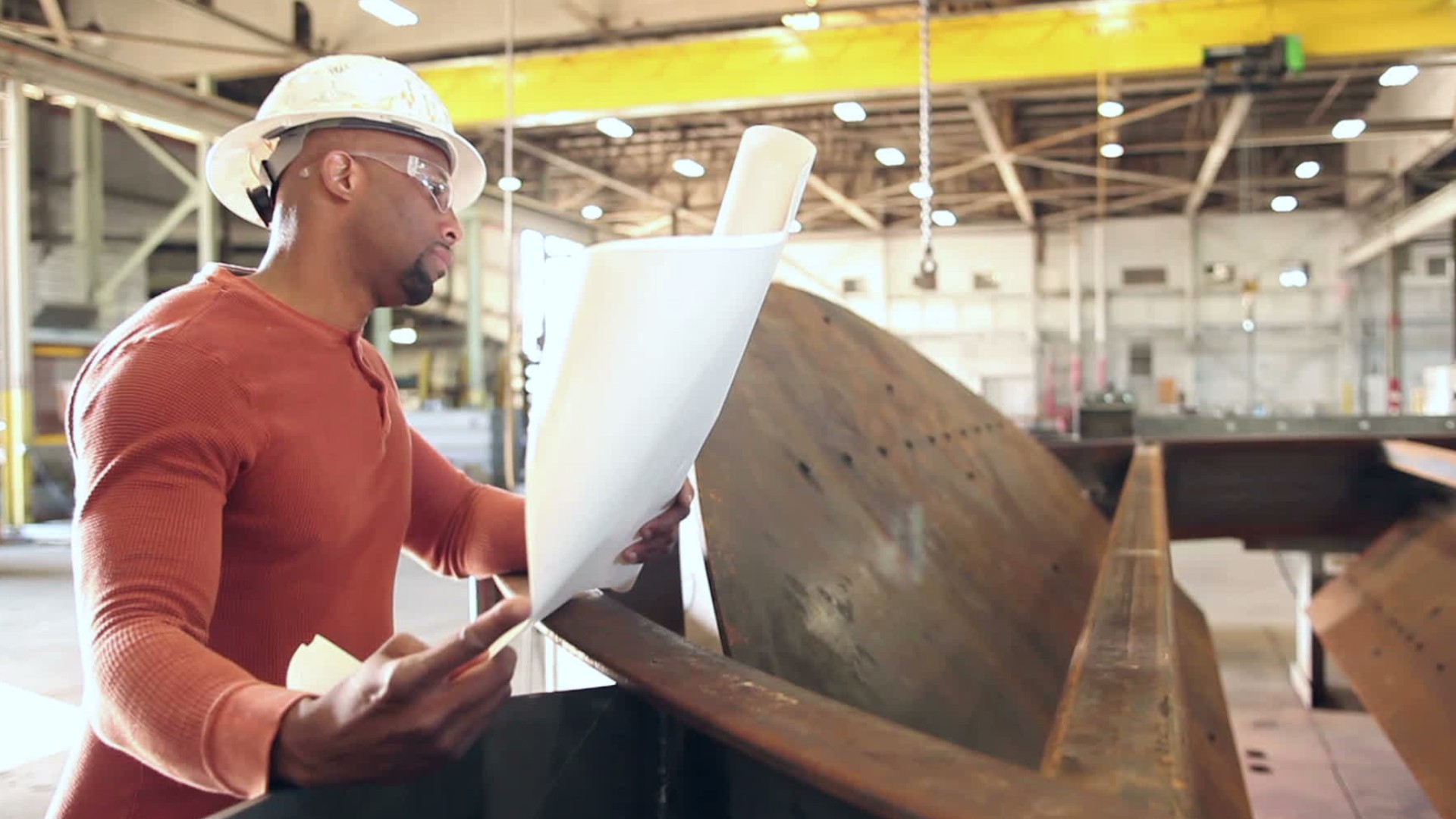Biofuels Production Managers
Biofuels Production Manager, Plant Manager, Production Coordinator, Production Manager
What they do:
Manage biofuels production and plant operations. Collect and process information on plant production and performance, diagnose problems, and design corrective procedures.
On the job, you would:
- Supervise production employees in the manufacturing of biofuels, such as biodiesel or ethanol.
- Manage operations at biofuels power generation facilities, including production, shipping, maintenance, or quality assurance activities.
- Provide direction to employees to ensure compliance with biofuels plant safety, environmental, or operational standards and regulations.
Knowledge
Manufactured or Agricultural Goods
- manufacture and distribution of products
Business
- management
- human resources (HR)
Engineering and Technology
- mechanical
- product and service development
Math and Science
- chemistry
Skills
Basic Skills
- reading work related information
- thinking about the pros and cons of different ways to solve a problem
Problem Solving
- noticing a problem and figuring out the best way to solve it
Resource Management
- selecting and managing the best workers for a job
- managing your time and the time of other people
Abilities
Verbal
- listen and understand what people say
- communicate by speaking
Attention
- pay attention to something without being distracted
- do two or more things at the same time
Ideas and Logic
- notice when problems happen
- use rules to solve problems
Visual Understanding
- quickly compare groups of letters, numbers, pictures, or other things
Personality
People interested in this work like activities that include leading, making decisions, and business.
Technology
You might use software like this on the job:
Spreadsheet software
- Microsoft Excel
Presentation software
- Microsoft PowerPoint
Industrial control software
- Distributed control system DCS
- Human machine interface HMI software
Education
Education: (rated 4 of 5)
bachelor's degree or
some college
usually needed
some college
usually needed
Job Outlook
Below Average
New job opportunities are less likely in the future.
Explore More
- Biofuels Processing Technicians
- Biofuels/Biodiesel Technology & Product Development Managers
- Biomass Plant Technicians
- Biomass Power Plant Managers
- Geothermal Production Managers
You might like a career in one of these industries:
See more details at O*NET OnLine about Biofuels Production Managers.





